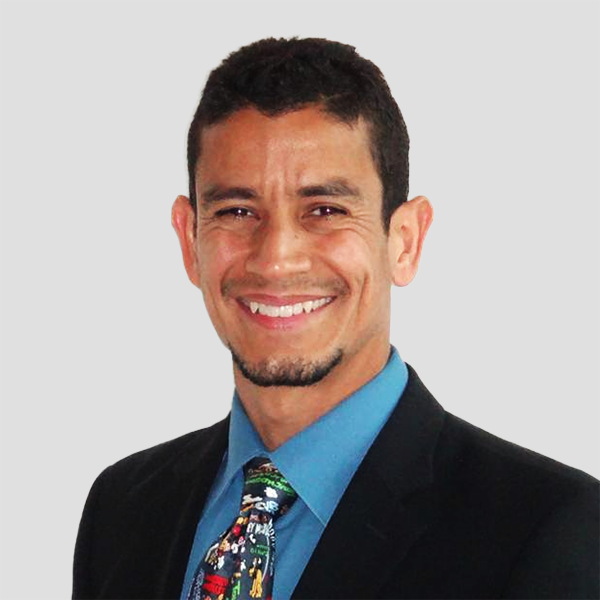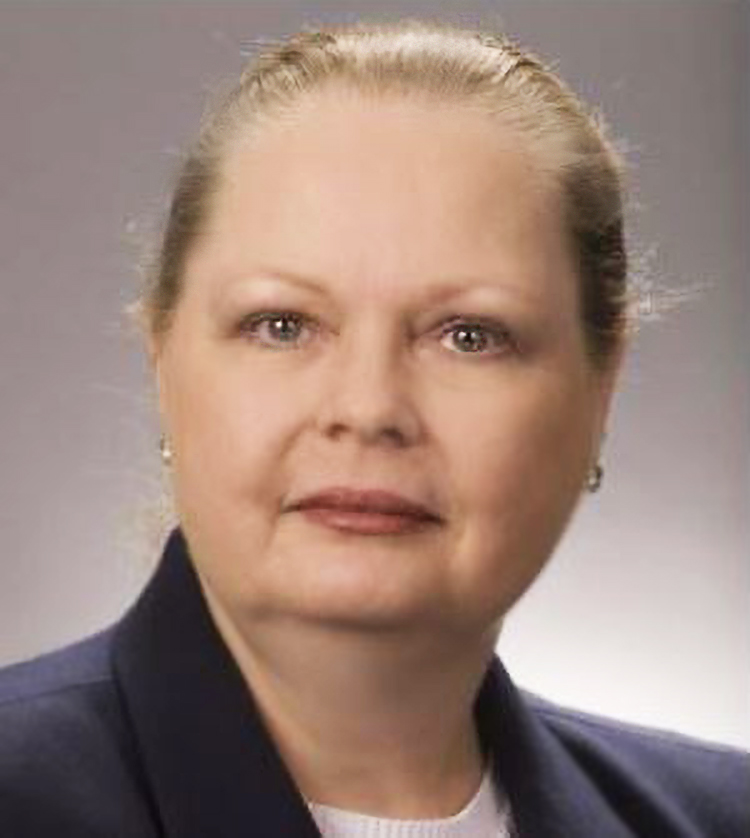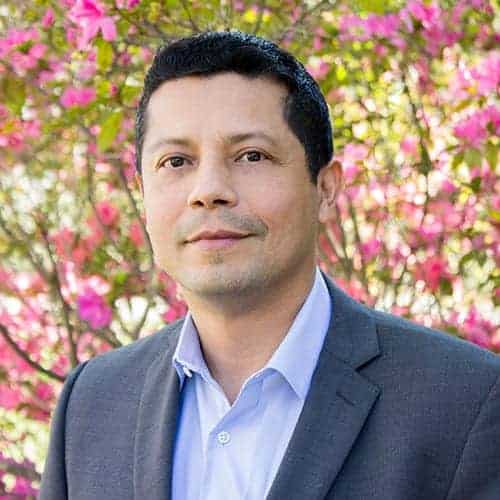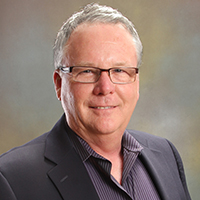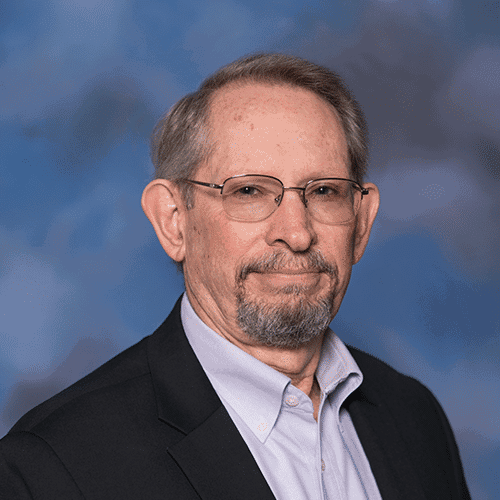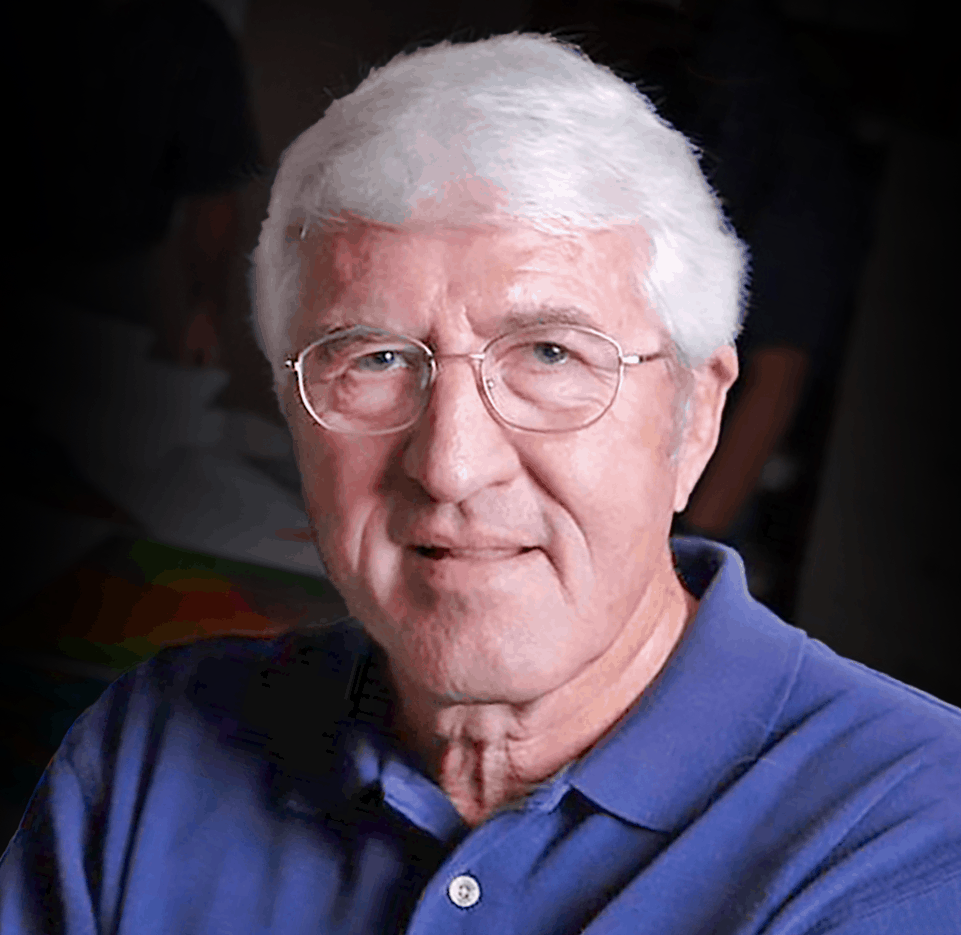By Hal Green
My colleague Rocky Roden just brought to our attention a timely and evocative question posed by Keith R. Holdaway and Duncan H. B. Irving in their book “Enhance Oil and Gas Exploration with Data-Driven Geophysical and Petrophysical Models”. We thought this was insightful and worth sharing:
There is a movement to adopt data‐driven analytical workflows across the industry, particularly in E&P. However, there is an existing group of Luddites providing not constructive criticism but deliberate and subversive rhetoric to undermine the inevitable implementation of data‐driven analytics in the industry. It is true data scientists sometimes lack experimental data of a robust nature. How certain are we that we can quantify uncertainties? How can we understand the things that manifest themselves in the real world, in the hydrocarbon reservoirs? They argue that without concrete experimental evidence, theory harbors the risk of retreating into metaphysics. Predictive and prescriptive models are only the source of philosophical discourse. It is tantamount to solving the problem of how many leprechauns live at the end of our garden. Science is not philosophy. Thus, without recourse to experiment, geoscientists play in the realm of pure speculation and march to the metaphysical drumbeat of ancient philosophers. The slide into metaphysics is not always clear. The language of the perplexing mathematical algorithms can mask it. Theoretical physics, especially quantum physics, and the theories that underpin the geosciences and E&P engineering disciplines can be jam‐packed with opaque, impermeable, thorny mathematical structures. The Luddites, looking over the soft computing techniques and data‐driven workflows, are betrayed into believing that only the high mathematics and classical physical laws must deliver rigor, a wisdom of the absolute, the lucidity of the variance between right and wrong. No doubt there is rigor. But the answers we get depend so much on the questions we ask and the way we ask them. Additionally, the first principles can be applied incorrectly and the business problem unresolved for the engineers asking the questions.
So, there is no crisis unless we wish to create one. The marriage between traditional deterministic interpretation and data‐driven deep learning and data mining is a union that when established on the grounds of mutual recognition, addresses an overabundance of business issues. (Holdway and Irving, 2018)
References
Holdway, Keith R, Irving, Duncan H. B., 2018, Enahnce Oil and gas exploration with data-driven and petrophysical models: John Wiley & Sons, Inc.






